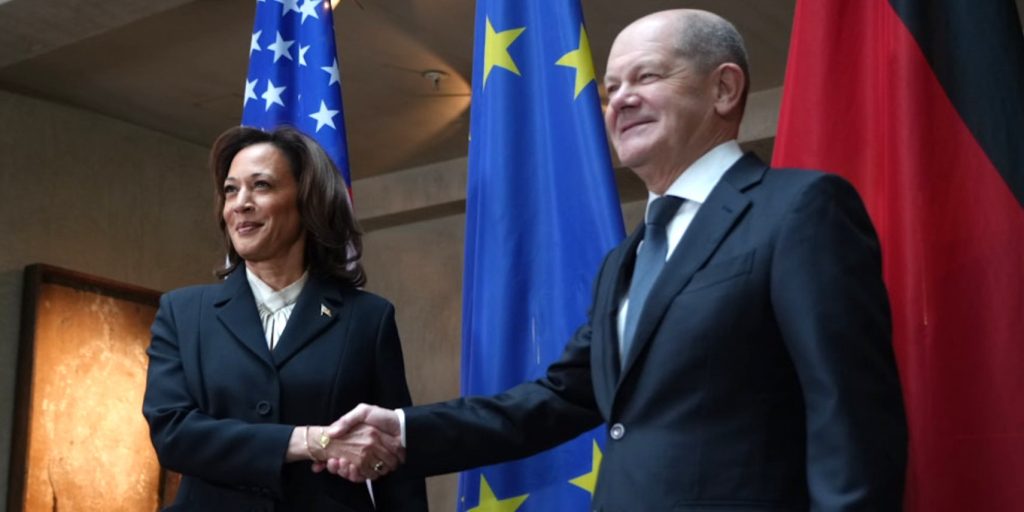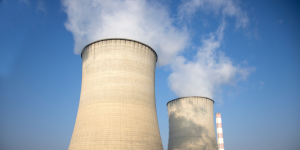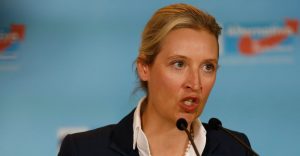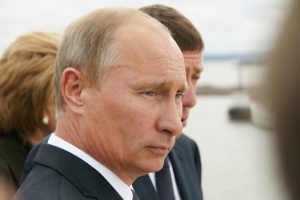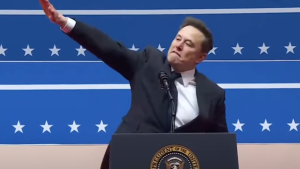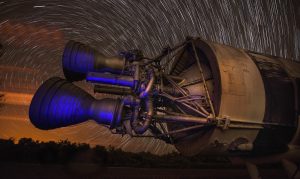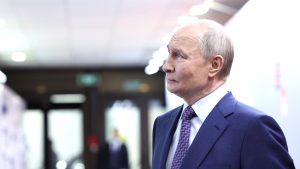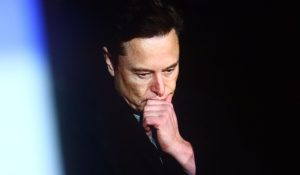The German Chancellor stops short of endorsing Kamala Harris over Donald Trump.
Others are reading now
German Chancellor Olaf Scholz has praised U.S. Vice President Kamala Harris as a “competent and experienced” politician who could potentially win the U.S. election.
However, he did not explicitly endorse her over Republican candidate Donald Trump.
In a recent press conference covered by Reuters, Scholz acknowledged the shift in the U.S. presidential race dynamics following President Joe Biden’s decision to drop his reelection bid and endorse Harris as the Democratic Party’s candidate.
Scholz had previously been supportive of Biden’s leadership.
Also read
German Concerns Over Trump’s Return
Many German politicians are concerned about Trump’s possible return to office, fearing he might impose higher tariffs on imports and question U.S. support for NATO.
During his first term, Trump often criticized Germany for its trade surplus with the United States and low defense spending, although Berlin has increased its defense budget in recent years.
Scholz on the Upcoming U.S. Election
“The election campaign in the USA will certainly be exciting, now with a slightly new line-up and a new constellation,” Scholz said at an annual summer news conference on Wednesday. “I think it is very possible that Kamala Harris will win the election, but the American voters will decide.”
Scholz, who has met Harris multiple times, praised her political capabilities: “This is a competent and experienced politician who knows exactly what she is doing. She knows what she wants and what she can do.”
In the same news conference, Scholz defended his government’s economic policy and confirmed he would run for reelection in next year’s federal vote despite poor poll ratings.
When asked if he might consider renouncing his bid for reelection like Biden, he joked, “Thank you for the very nice and friendly question. And no, the SPD is a very united party. We are all determined to go into the next general election campaign together and win. And I will run as chancellor to become chancellor again.”
Since taking office in late 2021, Scholz has faced numerous challenges, including Russia’s invasion of Ukraine, which led to an influx of over one million refugees and the end of cheap Russian gas imports that the German economy relied on.

